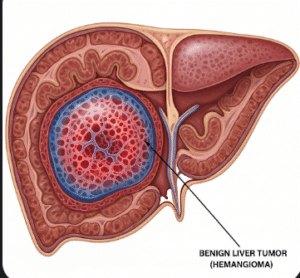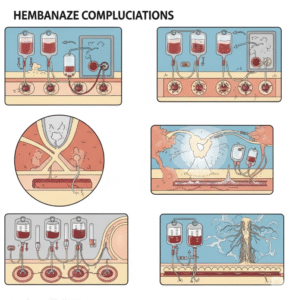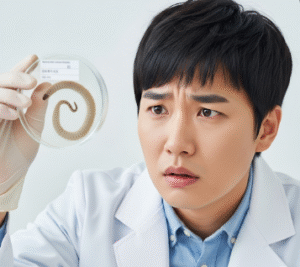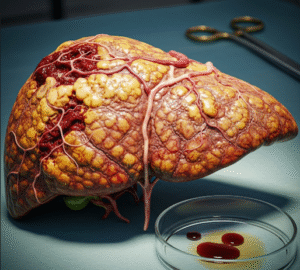Overview
Choriocarcinoma is a rare, aggressive type of gestational trophoblastic disease (GTD) that arises from abnormal placental tissue. It can develop after a normal pregnancy, molar pregnancy, miscarriage, or ectopic pregnancy. In Korea, advanced oncology and gynecology centers provide early diagnosis, chemotherapy, and follow-up care, resulting in high cure rates even in metastatic cases.
What is Choriocarcinoma?
Choriocarcinoma is a malignant tumor of trophoblastic cells, which are cells that normally develop into the placenta during pregnancy. It is highly vascular and prone to early spread through the bloodstream to organs such as the lungs, liver, or brain. Rapid detection and treatment are crucial for successful outcomes.
Symptoms
- Abnormal vaginal bleeding, often after pregnancy
- Enlarged uterus or pelvic mass
- Persistent fatigue or weakness
- Shortness of breath or coughing (if metastasis to lungs)
- Abdominal pain or distension
- Neurological symptoms like headaches or seizures (if brain metastasis)
- Nausea, vomiting, or weight loss in advanced cases
Causes
- Abnormal proliferation of trophoblastic cells following pregnancy
- Complete or partial molar pregnancy is a common precursor
- History of miscarriage or ectopic pregnancy may increase risk
- Exact molecular mechanisms are not fully understood
Risk Factors
- Age over 35 or under 20 at the time of pregnancy
- History of molar pregnancy
- Previous miscarriage or abnormal pregnancy
- Certain genetic predispositions
Complications
- Metastasis to lungs, liver, brain, or other organs
- Severe anemia or hemorrhage due to uterine bleeding
- Organ dysfunction from metastatic spread
- Emotional and psychological distress from cancer diagnosis
- Fertility concerns if aggressive treatment is required
Prevention
- Early monitoring after molar pregnancies or abnormal pregnancies
- Regular follow-up with beta-hCG testing to detect abnormal trophoblastic growth
- Timely medical care for abnormal bleeding during or after pregnancy
Treatment Options in Korea
Choriocarcinoma is highly responsive to chemotherapy, and Korea provides state-of-the-art management:
- Chemotherapy:
- Single-agent chemotherapy (methotrexate or actinomycin D) for low-risk cases
- Multi-agent chemotherapy (EMA-CO regimen) for high-risk or metastatic cases
- Close monitoring of beta-hCG levels to assess treatment response
- Surgical treatment:
- Rarely required but may include hysterectomy in resistant cases
- Removal of metastatic lesions if necessary
- Specialized hospitals in Korea:
- Samsung Medical Center Gynecologic Oncology
- Seoul National University Hospital Trophoblastic Disease Center
- Asan Medical Center, Severance Hospital Gynecology Units
- Multidisciplinary teams including oncologists, gynecologists, radiologists, and pathologists
- Follow-up care:
- Regular beta-hCG monitoring post-treatment
- Fertility counseling for women of childbearing age
- Psychological support and rehabilitation programs













